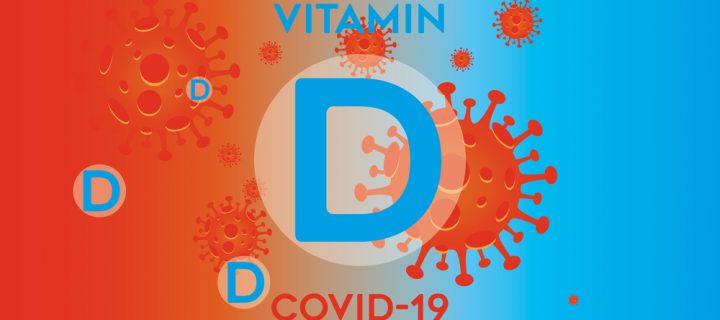Studies have shown the vast majority of people with severe COVID-19 have a vitamin D deficiency. But watch out: too much is toxic.
Getting enough vitamin D daily is something that may now be on your mind if you live in a northern climate. For some of us, as we slip into winter, the sun is moving too far away and this can be a problem.
According to an article in the New York Times, a bundle of scientific studies have proven that in geographic locations above around 35 degrees latitude, which marks the southern borders of Nevada and Tennessee, for some months during the winter there is not enough UVB light reaching the Earth from the sun to allow humans to synthesize adequate amounts of vitamin D.
During non-pandemic times, this poses a danger to your health that is normally not noticed right away. A vitamin D deficiency can cause major health problems, but they creep up. These include things like rickets, which is a softening of your bones, and some say an increased risk of developing heart disease and certain cancers.
Solutions and Problems
There are safeguards in place. Many foods such as milk and cereal are now fortified with vitamin D in northern climates in order to avoid these problems. Because of this, you would think most people would not have to face these extreme and obvious health difficulties.
But we still seem to. It is estimated that about three-quarters of US teens and adults are currently vitamin D deficient. And with the pandemic upon us, this problem is bringing about a new weak point.
Related: 10 Must-Do Things in Quarantine and Isolation
According to a new study published in the Journal of Clinical Endocrinology and Metabolism, when looking at 200 COVID-19 patients in Spain, 80% of these people had a vitamin D deficiency. This could be a coincidence and unrelated to their dire position. Experts seem to think it is a point that shouldn’t be overlooked, however.
So, simply put, getting enough vitamin D could potentially increase your chances of fighting off the coronavirus should you get it.
Supplementation
Should you stock up on supplements and start popping vitamins? Well, not necessarily. The beauty (and danger) of vitamin D is that your body stores it up. Unlike something like vitamin C which your body gets rid of when you visit the toilet if you’ve ingested too much, vitamin D is stored by your body’s fat cells. This can be a good thing. If you get enough vitamin D in the summertime, you can potentially save up what you need to get you through the thin months of winter.
But it is always possible to get too much vitamin D. And this can cause lasting harm. Vitamin D toxicity is rare, but it can permanently damage your kidneys. For this reason, you should never take high levels of vitamin D daily without knowing for certain that you have a deficiency.
Talk with your doctor and have your levels checked. People with darker skin are particularly prone to vitamin D deficiencies in cooler climates. This group requires more time in the sun in order to produce as much vitamin D as those with lighter skin, so keep this in mind. Stay healthy and get the amount of vitamin D you need, with the right balance.
photo credits: EReka/Shutterstock.com












